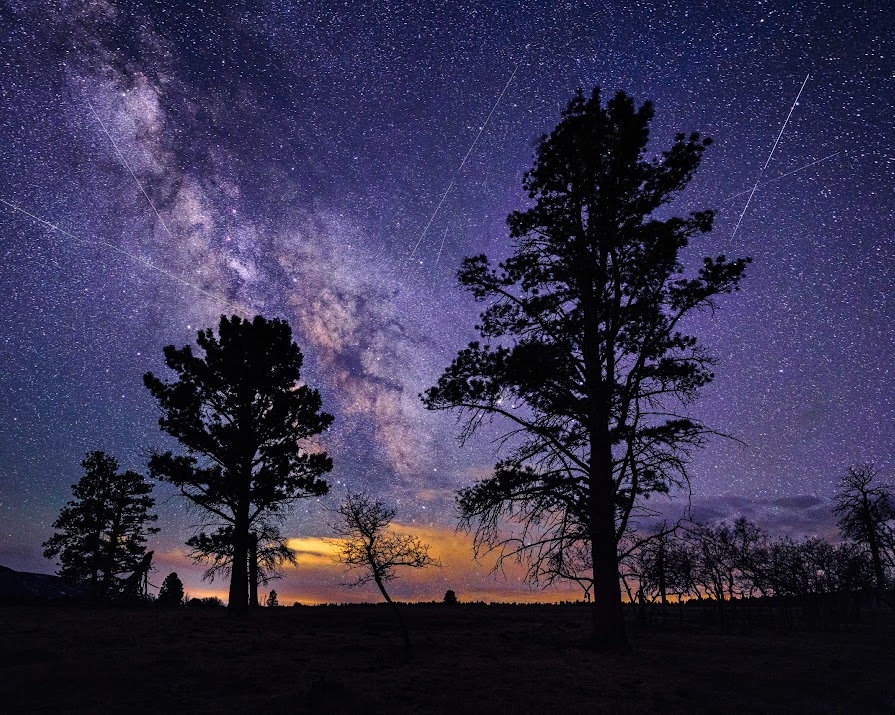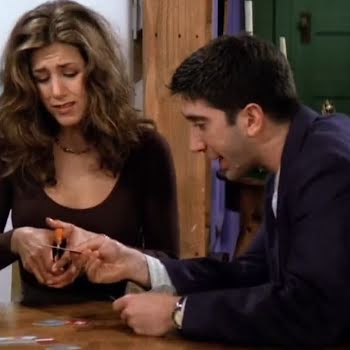A beautiful meteor shower will be visible across Ireland tonight
By Sarah Finnan
22nd Apr 2021
22nd Apr 2021
The Lyrid Meteor Shower – giving us all a valid reason to keep our heads in the clouds... maybe not indefinitely, but for tonight at least.
Irish skies will light up thanks to the Lyrid meteor shower tonight. An annual occurrence, it’s the first meteor shower of the year and brings an end to the so-called “meteor drought” the world experiences every year between January and mid-April. Usually active from around April 16 to April 25, the Lyrid Meteor Shower hit its peak in the early hours of this morning, with tonight and tomorrow morning also expected to treat onlookers to a stunning display of shooting stars.
One of the oldest known meteor showers, experts have been observing the Lyrids for 2,700 years. Known to produce anywhere from 10 to 100 meteors per hour at their peak, your best chance to catch a glimpse is between moonset and dawn (ie during the “dark hours” of the night). Frequently leaving glowing dust trains behind them, these can be visible for several seconds after the meteor itself has passed so be sure to keep your eyes peeled!
Caused by streams of cosmic debris flashing across the sky, the Lyrids will be easiest to see in areas away from light pollution. Sharing a few viewing tips for anyone hoping to spot the Lyrids tonight, NASA advise finding an area that is well away from city or street lights. Saying that your eyes will adapt to the darkness after around 30 minutes or so, lying flat on your back offers the best vantage point.
It’s worth noting that the moon is at a waxing gibbous phase though, which basically means that it will be very bright in the sky – so even if you follow all of the above advice, nothing is guaranteed.
Commenting on what stargazers can expect this year, Tania de Sales Marques, an astronomer at the Royal Observatory Greenwich, said, “the best time to try to spot the shower will be before sunrise on the 22nd or after sunset. It is expected that this meteor shower will produce around 18 meteors per hour.”
Worth delaying bedtime for? We think so.
Feature image via Getty























